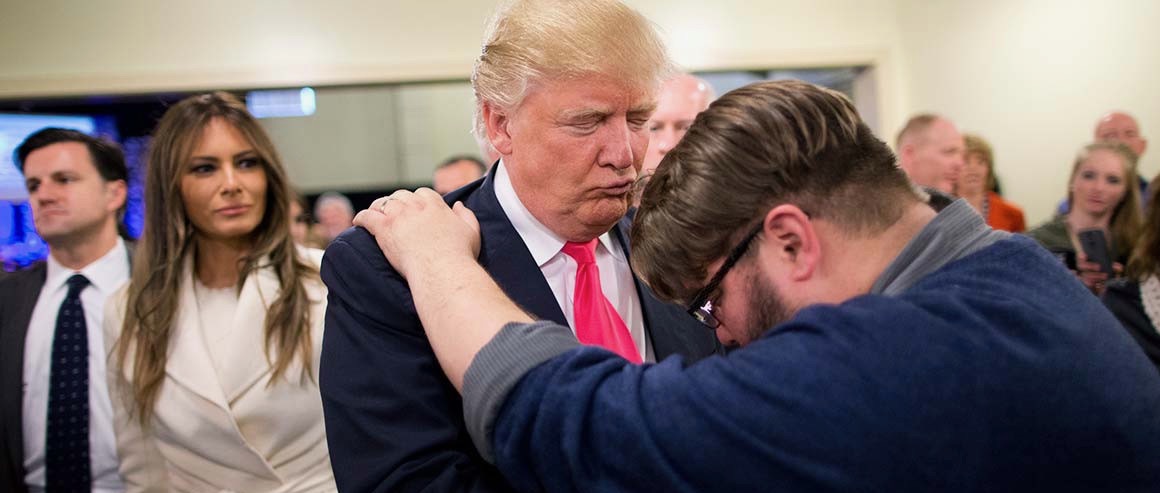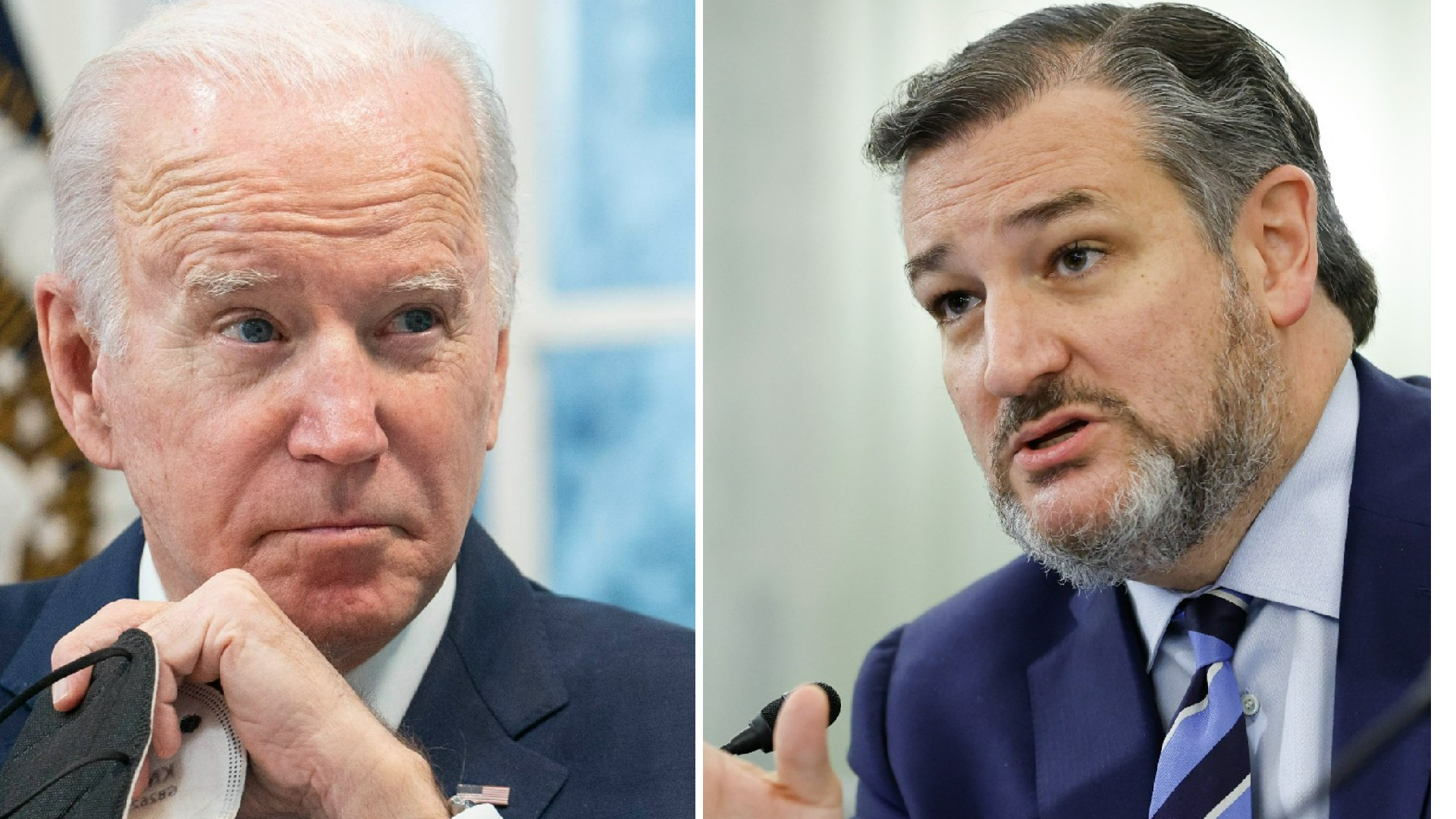ALJAZEERA
People in the Hawaiian resort town ravaged by a horrific inferno have expressed anger as the death toll from the wildfires rose to 89 on Saturday, making it officially the deadliest US wildfire in more than 100 years.
Officials said the toll might go up further as search teams continue sifting through the ruins of Lahaina town located on Maui island. The resort town of more than 12,000 people has been reduced to ruins, its lively hotels and restaurants turned to ashes.
“It’s going to continue to rise. We want to brace people for that,” Governor Josh Green told reporters on Saturday.
“It will certainly be the worst natural disaster that Hawaii ever faced,” Green said as he toured the devastation on historic Front Street.
The latest figure exceeded the 85 people who perished in a 2018 fire in the town of Paradise, California and was the highest death toll from a wildfire since 1918 when the Cloquet fire in Minnesota and Wisconsin killed 453 people.
Maui police chief John Pelletier said only a fraction of the disaster zone had been searched, and only two of the 89 victims identified because of how badly they were burned. He added that cadaver dogs trained to detect bodies have only covered only 3 percent of the search area.
“The remains we’re finding are from a fire that melted metal,” he said. “We have to do rapid DNA to identify every one of these.
“When we pick up the remains … they fall apart.”
Cost of rebuilding estimated at $5.5bn
The cost to rebuild Lahaina was estimated at $5.5bn, according to the Federal Emergency Management Agency (FEMA), with more than 2,200 structures damaged or destroyed and more than 2,100 acres (850 hectares) burned.
“Our focus now is to reunite people when we can and get them housing and get them health care, and then turn to rebuilding,” Governor Green said, adding that it would take “an incredible amount of time” to recover.”
At least two other fires have been burning on Maui, with no fatalities reported thus far: in south Maui’s Kihei area and in the mountainous, inland communities known as Upcountry. A fourth broke out Friday evening in Kaanapali, a coastal community north of Lahaina, but crews were able to extinguish it, authorities said.
Green said the Upcountry fire had affected 544 structures, of which 96 percent were residential.
Hawaiian authorities have begun an inquiry into the handling of the fire, with residents saying there had been no warning.
“The mountain behind us caught on fire,” Vilma Reed told AFP. “You know when we found that there was a fire? When it was across the street from us.”
Reed, whose house was destroyed by the blaze, said she was now dependent on handouts and the kindness of strangers.
“This is my home now,” the 63-year-old said, gesturing to the car she has been sleeping in with her daughter, grandson and two cats.
Emergency managers in Maui were searching for places to house people displaced from their homes. As many as 4,500 people are in the need of shelter, county officials said on Facebook early on Saturday, citing figures from the Federal Emergency Management Agency and the Pacific Disaster Center.
Officials have secured 1,000 hotel rooms for people who lost their homes and are arranging for rental properties to serve as housing at no cost to families, Green said. More than 1,400 people had been taken in at emergency shelters.
For many who fled the flames, the misery was compounded on Saturday as they were prevented from returning to their homes.
Maui police said members of the public would not be allowed into Lahaina until the affected area has been declared safe.
“Anyone entering the disaster area … is subject to a misdemeanour crime punishable by up to one year in jail and a $2,000 fine,” the police said.
Emergency notification systems
Officials promised to examine the state’s emergency notification systems after some residents questioned whether more could have been done to warn them before the fire overtook their homes. Some were forced to wade into the Pacific Ocean to escape.
Sirens stationed around the island – intended to warn of impending natural disasters – never sounded, and widespread power and mobile service outages hampered other forms of alerts.
Hawaii Congresswoman Jill Tokuda told CNN that officials had been taken by surprise by the tragedy. “We underestimated the lethality, the quickness of fire,” she said.
Green, the governor, defended the immediate response, saying the situation had been complicated by the presence of multiple fires and by the strength of the winds.
“Having seen that storm, we have doubts that much could have been done with a fiery fast-moving fire like that,” he said.
Review of the decision-making
The state’s attorney general, Anne Lopez, said she was launching a review of the decision-making before and during the fire.
Officials have described a nightmarish confluence of factors – including communications network failures, wind gusts of up to 80 miles per hour (130kmph) from an offshore hurricane and a separate wildfire dozens of kilometres away – that made it nearly impossible to coordinate in real time with the emergency management agency that would typically issue warnings and evacuation orders.
Local resident Skip Scott told Al Jazeera that strong winds had left “trees laying in the ground blocking streets”, resulting in a power outage on Tuesday morning. He said fires then “used that wind as its vessel for destruction” as it tore through his neighbourhood.
Fueled by a dry summer and strong winds from a passing hurricane, the wildfires on Maui raced through parched brush covering the island.
“It outpaced anything firefighters could have done in the early hours,” US Fire Administrator Lori Moore-Merrell said, adding that it moved horizontally, structure to structure and “incredibly fast.”
“It was a low-to-the-ground fire. It was grass-fed by all evidence that we could observe today,” she said.
The fires follow other extreme weather events in North America this summer, with record-breaking wildfires still burning across Canada and a major heatwave baking the US southwest.
Europe and parts of Asia have also endured soaring temperatures, with major fires and floods wreaking havoc. Scientists say human-caused global warming is exacerbating natural hazards, making them more likely, and more deadly.



Connect with us on our socials: